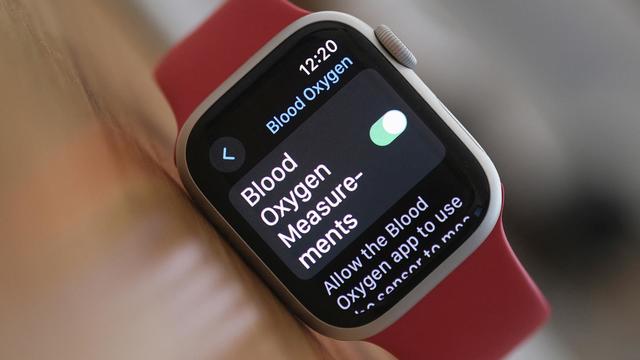Want to lose weight with meal kits? Avoid these mistakes
Meal kits aren't just an easy, breezy substitution for homecooked meals. The best meal delivery kits can help you focus on improving your diet and get a better hold on managing your nutritional intake -- but you need to know how to make the most of meal kits to see results.
It's one thing to iron out an effective weight-loss plan with your doctor and find the ideal meal delivery service for your needs. But that's just step one on your weight-loss journey. The follow through is just as important.
We know that consistency is important when it comes to maintaining a fitness-friendly diet day in and day out. The best meal kits can help you find a rhythm with your weight loss goals, but is there even more you could be getting out of your meal kits? (Hint: the answer is yes.)
Want to lose weight with meal kits? Avoid these mistakes
Here are some of the most common mistakes people make when trying to lose weight on a meal kit subscription. Learn more about what you're missing out from your favorite meal delivery services below.
Mistake: You're not counting macros
Macronutrients may sound like another buzzword in the world of health and fitness, but if you don't have at least a basic understanding of what they are and why they matter -- you're missing out. Many meal delivery services like Trifecta offer portion-controlled and macro-balanced meals that can make it easier to hit your daily goals for different macronutrients.
So what are macronutrients? The nutrients our bodies most need to function. Unlike micronutrients, which are mainly vitamins and minerals, macronutrients are consumed in the largest amounts: carbohydrates, proteins, and fats.
Counting macros can help with weight loss by promoting high protein, low-carb diets, which have been linked to improved weight loss. Tracking macros -- by writing down everything you eat and adding up macros or tweaking meals and portions to meet your nutritional needs -- is a great way to self-regulate your calorie intake. Meal kits help with this by listing specific ingredient information, offering diet-specific meal plans, and promoting low-carb recipes.
Just make sure you talk with your doctor to determine your personal needs when it comes to calorie intake. Everyone's numbers are a little different, but online resources like this calorie calculator can help you get a general idea of what your relationship to macronutrients should be.
Mistake: You're not making use of a free dietitian
Embarking on a doctor-approved weight loss journey can be hard. Consistency is key when it comes to losing weight, so you need one of two things to stay on track: a strong resolve that motivates you to stick to your daily goals or someone to help guide you along the way.
The meal delivery service Factor is all about setting up subscribers with fully prepared meals that are rich in nutrients, but that's not all. Subscribers also gain access to individual support from a registered dietitian.
Working with a dietitian who knows your nutritional needs (and your eating habits) has been linked to improved outcomes in weight loss and weight management. If you feel like something's missing from your weight loss endeavors, it may just be individualized nutrition care from a paired dietitian.
Mistake: You're not eating enough low-carb and low-sodium meals
Meal kits are wonderful for adding some much-needed convenience and meal variety to your daily life, but even the healthiest meal kits are only as effective as your eating habits. Don't just order the most appealing recipes and pile on the comfort food week after week; be strategic about your meal plan instead.
The best meal kits offer diet-specific plans and meals. Green Chef is a CBS Essentials favorite when it comes to keto meals, for example. High-fat, low-carb ketogenic diets have been linked to increased short-term weight loss success.
If you're struggling to find a meal kit offering quality low-sodium meals, Blue Apron serves up plenty of recipes with under 600 milligrams of sodium -- which fits well with the American Heart Association's recommendation of no more than 1,500 milligrams of sodium per day.
Related content from CBS Essentials
- We reviewed Blue Apron meal kits. Was it worth it?
- The cheapest meal kits of 2023
- Can you save money on groceries with meal kits?
- Our Home Chef meal kit review
- 5 best meal kits for busy families
- Is Factor worth it? Our meal kit review
- Our honest Purple Carrot meal kit review
- Best early Black Friday deals of 2023
for more features.




























































